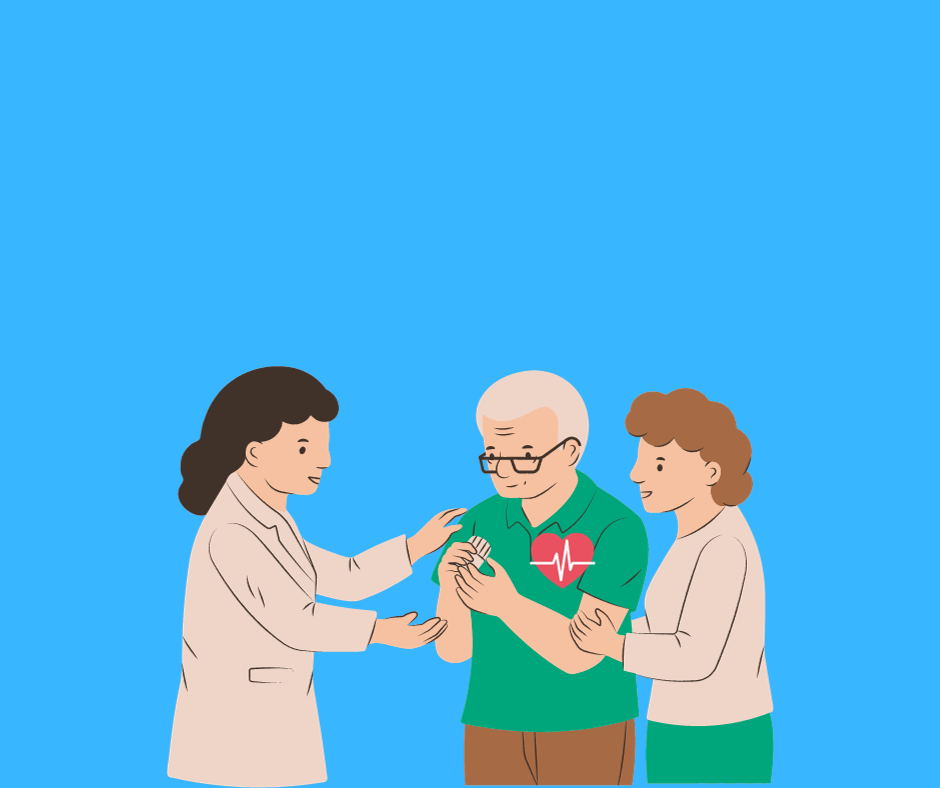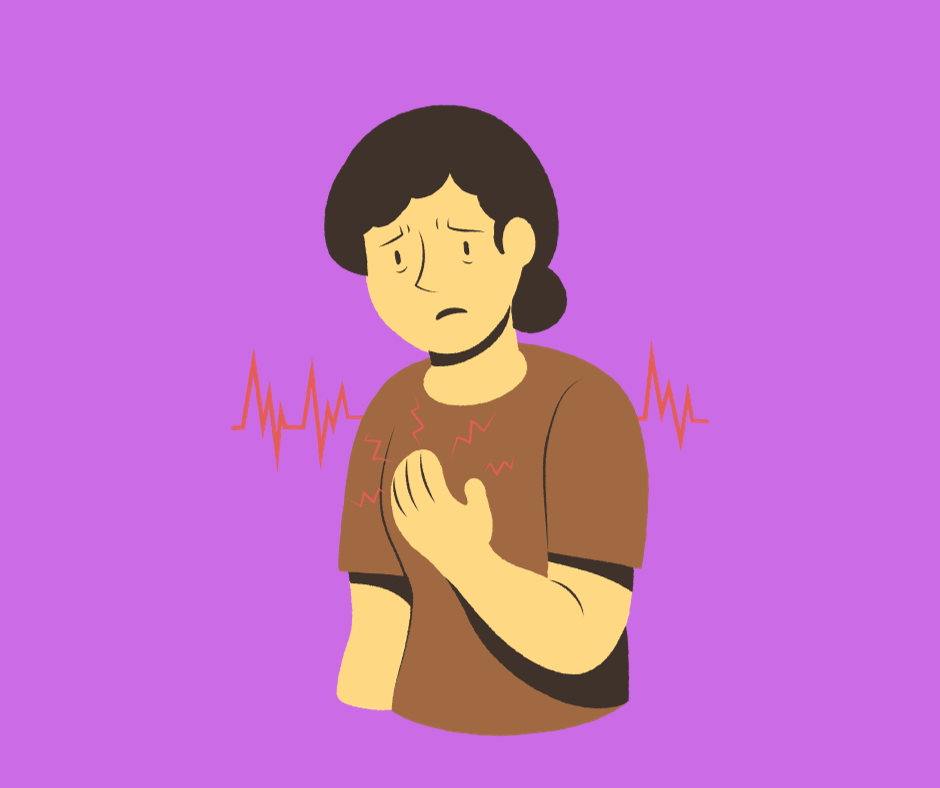
Introduction: Understanding Holiday Scams
The holiday season brings joy and excitement but also an increased risk of falling victim to scams. Scammers capitalize on the festive spirit, employing various deceitful tactics to trick unsuspecting individuals. Understanding these scams and knowing how to detect and deal with them is crucial to safeguard yourself and your loved ones during this time.
Types of Holiday Scams
Common Scam Techniques
Scammers often employ familiar techniques such as phishing emails, fake websites, and fraudulent ads to lure victims.
Online Scams
Online shopping offers abound during the holidays, but some websites may be fraudulent, aiming to steal personal and financial information.
Travel Scams
Travelers are targeted with offers of fake vacation rentals, low-priced tickets, or fake travel agencies leading to financial losses or identity theft.
Charity Scams
Scammers take advantage of the season of giving by creating fake charities, soliciting donations that never reach the intended recipients.
Signs to Detect Holiday Scams
Red Flags in Offers
Offers that seem too good to be true often are. Unrealistic discounts or freebies might be a ploy to scam individuals.
Suspicious Websites or Emails
Grammatical errors, unfamiliar URLs, or requests for sensitive information are signs of potential scam attempts.
Unusual Payment Requests
Requests for wire transfers, cryptocurrency, or prepaid cards instead of secure payment methods are indicators of potential scams.
Steps to Deal with Holiday Scams
Research and Verification
Always research offers or charities before committing. Verify website authenticity and check for reviews or complaints.
Use Secure Payment Methods
Opt for secure payment options like credit cards or payment platforms that offer buyer protection.
Reporting Suspected Scams
Report any suspected scams to relevant authorities or platforms to prevent others from falling victim to similar schemes.
Protecting Yourself from Holiday Scams
Tips for Safe Online Shopping
Shop from reputable websites, use strong passwords, and enable two-factor authentication for added security.
Secure Travel Planning
Verify travel agencies, double-check bookings, and avoid making payments via insecure methods.
Donating Wisely
Donate to well-known charities directly rather than through unsolicited emails or calls.
Impact of Falling for Holiday Scams
Financial Losses
Victims of holiday scams often suffer significant financial setbacks, affecting their budgets and savings.
Emotional Toll
Being scammed during the holidays can lead to emotional distress, impacting the joy of the season.
Conclusion: Staying Vigilant Against Holiday Scams
Remaining vigilant and informed is paramount in safeguarding oneself from holiday scams. By recognizing the signs, taking preventive measures, and spreading awareness, individuals can enjoy a safer and more secure holiday season.
FAQs About Holiday Scams
- How prevalent are holiday scams? Holiday scams see a notable spike during the festive season as scammers exploit increased online activity and generosity.
- What should I do if I suspect a holiday scam? Report any suspected scams to relevant authorities or platforms immediately to prevent further victimization.
- Are there specific red flags to look out for in holiday offers? Yes, unrealistic discounts, unfamiliar URLs, and requests for sensitive information are common red flags in holiday scam offers.
- Can I recover my money if I fall victim to a holiday scam? In some cases, authorities or financial institutions might assist in recovering funds, but prevention is crucial.
- How can I educate others about holiday scams? Share information on common scams, red flags, and preventive measures through social media, community groups, or educational events.

